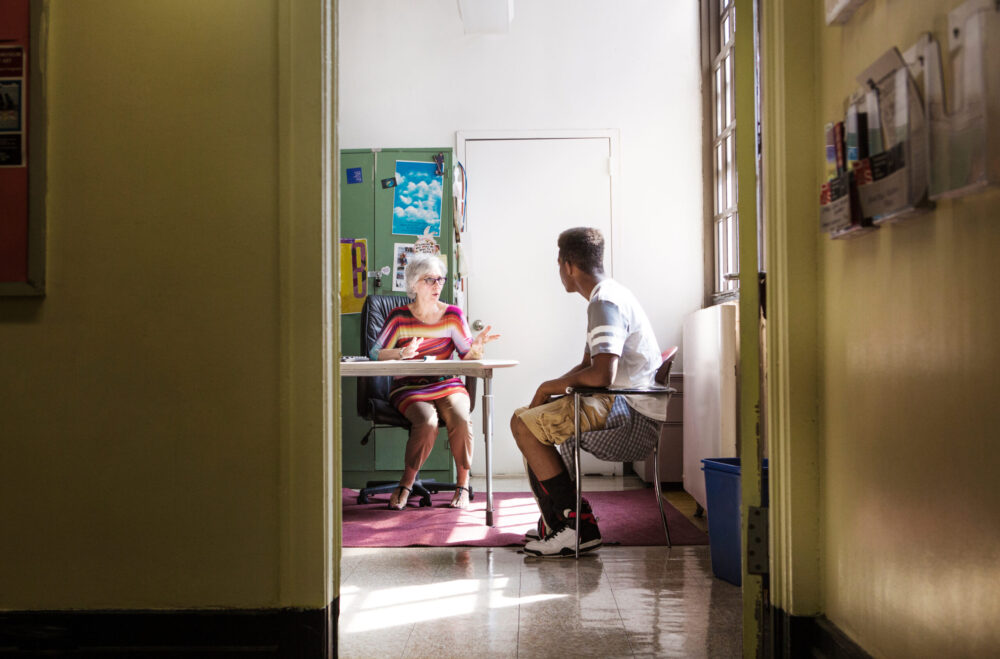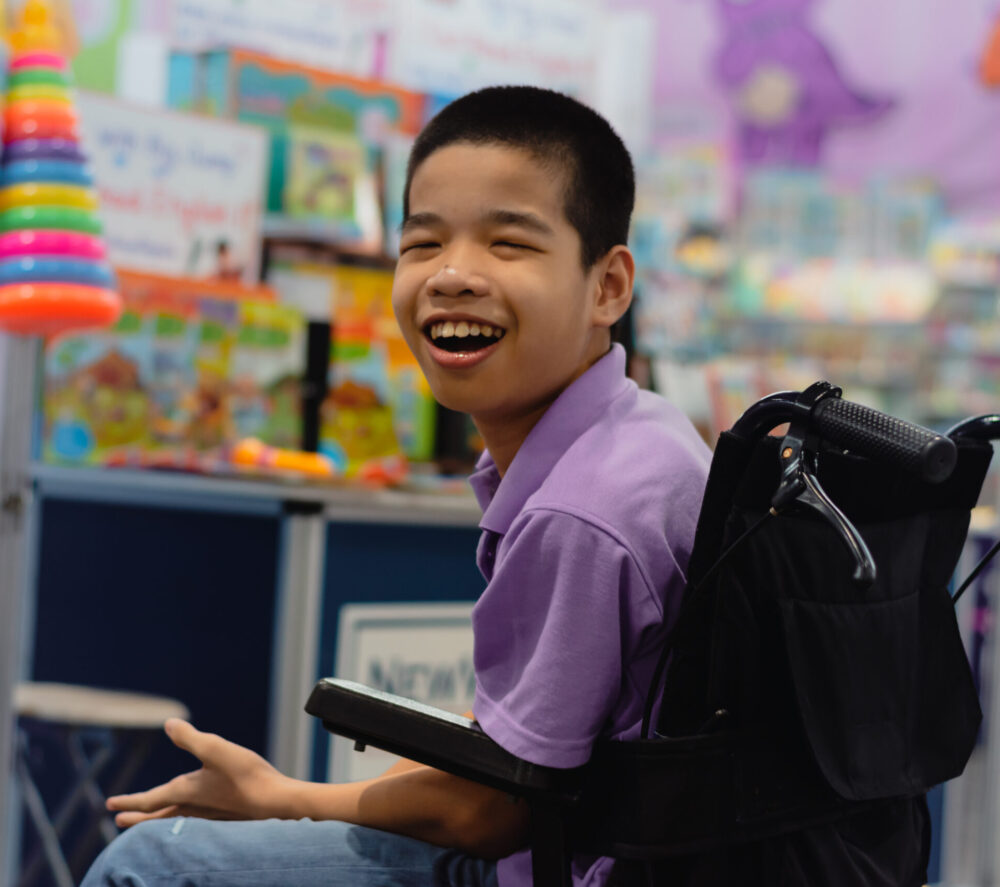Вне школы и неподготовленность: необходимость улучшения поддержки учащихся с ограниченными возможностями, переходящих во взрослую жизнь
В марте 2011 года Коалиция ARISE, группа родителей, преподавателей, защитников и других сторонников учащихся с ограниченными возможностями, деятельность которых координирует организация «Защитники детей Нью-Йорка» (AFC), опубликовала этот программный документ, призывающий город Нью-Йорк и штат Нью-Йорк следовать закону в отношении планирования переходного периода. и придать переходу после средней школы учащимся с особыми образовательными потребностями такой же высокий приоритет, как и готовности к поступлению в колледж и карьере для других учащихся.

With the release today of a policy paper entitled Вне школы и неподготовленность: необходимость улучшения поддержки учащихся с ограниченными возможностями, переходящих во взрослую жизнь, Коалиция ARISE kicked off its new, “Next Step” campaign which aims to improve transition planning for students with disabilities in New York City.
The policy brief documents the results of the Coalition’s review of over 200 individualized education plans for students with disabilities who were entitled to receive transition planning and supports at their schools during the last three years. The results showed widespread non-compliance with legal mandates and failure to engage with students and their families in the most basic planning discussions. For example, nearly half of the plans failed to identify either the type of diploma the students were striving to earn or the services the students would need to reach their goals for graduation. The paper makes a number of recommendations, including: making sure that diploma goals are always included in transition plans; increasing access to information about post-secondary/transition programs and options for young people with disabilities; and teaching self-advocacy skills.
The campaign will roll out over the next year and will include a more targeted dialogue with the Department of Education. As the Coalition’s member organizations conduct training programs for parents and students to promote post-secondary readiness, the group also intends to create opportunities for parents and young people to discuss their experiences in school preparing for and transitioning to adulthood and to share information about improvements to the process to make it meaningful for all students with disabilities.
Maggie Moroff, Coordinator of the Coalition, says, “So much energy is now being directed at improving college and career readiness for more typically developing students. We want to guarantee that students with disabilities, some of our most vulnerable youth, receive the necessary time and attention to prepare them for the challenges of life after high school, whatever path they choose.”
Kim Sweet, the Executive Director of Advocates for Children of New York, the founding member of the Coalition, says, “Advocates for Children did a similar study in 2007. Unfortunately, these results suggest that not much has changed. The Department of Education needs to make a serious, focused, sustained commitment to preparing students with disabilities for life after high school.”
Kavon Barifield, a 16-year-old high school student who receives special education services, says that no one at his school has ever spoken with him about what he wants to do after he completes school. Instead, he’s been fortunate enough to work with an outside agency, exalt, which provides educational internship experiences and support. There he says he has been able to “put my mind to what I want to do after school in a different way.” He plans to go into business and says that at exalt he is learning the skills he should be learning in school “about how we can be more employable and presentable so when we go apply for jobs we know how to behave and how to fill out the applications.”
Susan Dooha, the Executive Director of the Center for the Independence of the Disabled of New York, says, “We know what works. Kids with disabilities do better when they have adult role models who faced the barriers they face and reflect what they can become. Kids do better when they are exposed to community options and work—they need to learn how to advocate for themselves in the real world. These components are often missing from transition plans—collaboration with the disability community could fill the gaps.”
ARISE is also reaching out to the local colleges and post-secondary education programs that serve students with disabilities coming from NYC’s public schools. Sudi Shayesteh, the Director of Office of AccessABILITY at Hunter College says, “In my fifteen years of hands-on work with students with disabilities, the biggest challenge has always been the transition of high school students to the labyrinthine environment of higher education and to the work force. That is why I think transitional training is an absolute necessity to address those challenges and facilitate growth.”
-
March 2, 2011


